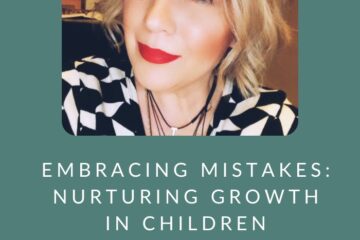Helping Kids Cope With Grief
Sometimes we grieve: it’s hard, we hate it, and we wish we never had to go through it. But it’s often even worse when it’s our kids that are grieving. We want to fix it, help them feel better, move them through it, and hope it never happens again. But how do we do help our kids when they are struggling with grief?

Remember that kids grieve differently than adults; it’s important that we allow for that distinction and provide opportunities for them to behave like kids, and not mini adults. Here are a few ideas.
Talking About It
Kids tend to avoid conversations about their grief, but they like to tell stories and talk about the person when he/she was alive. When they do talk about death, be prepared for concrete and even “dark” questions. The caveat to this is that kids have a low tolerance for painful feelings and will likely talk about the person for only short periods of time. This is okay, so be careful not to push them into talking more than what is natural for them.
Children in grief often do not like to talk to their non-grieving friends about their loss. They are usually afraid that they will start to cry or make their friends uncomfortable. For this reason having support groups for children in grief, or spending time with others who grieve for the same person, can be particularly helpful.
Feeling The Loss
Kids can feel they are to blame when a loved one dies, often in ways that really do not make logical sense. Families can be sensitive to their guilt and help explain, often repeatedly, that the child is not responsible.
An important distinction for children in grief is that the child experiences the loss in the developmental stage that he or she is in. Parents need to understand that the child will revisit and reintegrate the loss in each new developmental stage as the child grows into adulthood. It is important to expect this and allow it to occur.
Working Through The Loss
Children benefit from having tangible reminders of the person who has died. Things like jewelry, clothing, photos, etc are all great things for a kid to hold onto to remind them of their loved one.
Allow children to participate in concrete activities in order to express themselves nonverbally. For example, lighting candles in memorial, drawing pictures, decorating photos, creating a memory box, or making the loved one’s favorite food, can provide a sense of control in choosing how to grieve.
Please remember to be gentle with yourself when your child is grieving. You too are grieving because when our children hurt we hurt, even if we are not sharing the same loss.
Grief is hard and it is a part of life, but my friends, WE CAN DO HARD THINGS! When we allow space for our children to grieve, we teach them that even when life is hard, there are safe spaces to be and safe people from which to get support. If we provide these two things, we can make a monumental difference in the life of a grieving child.



0 Comments